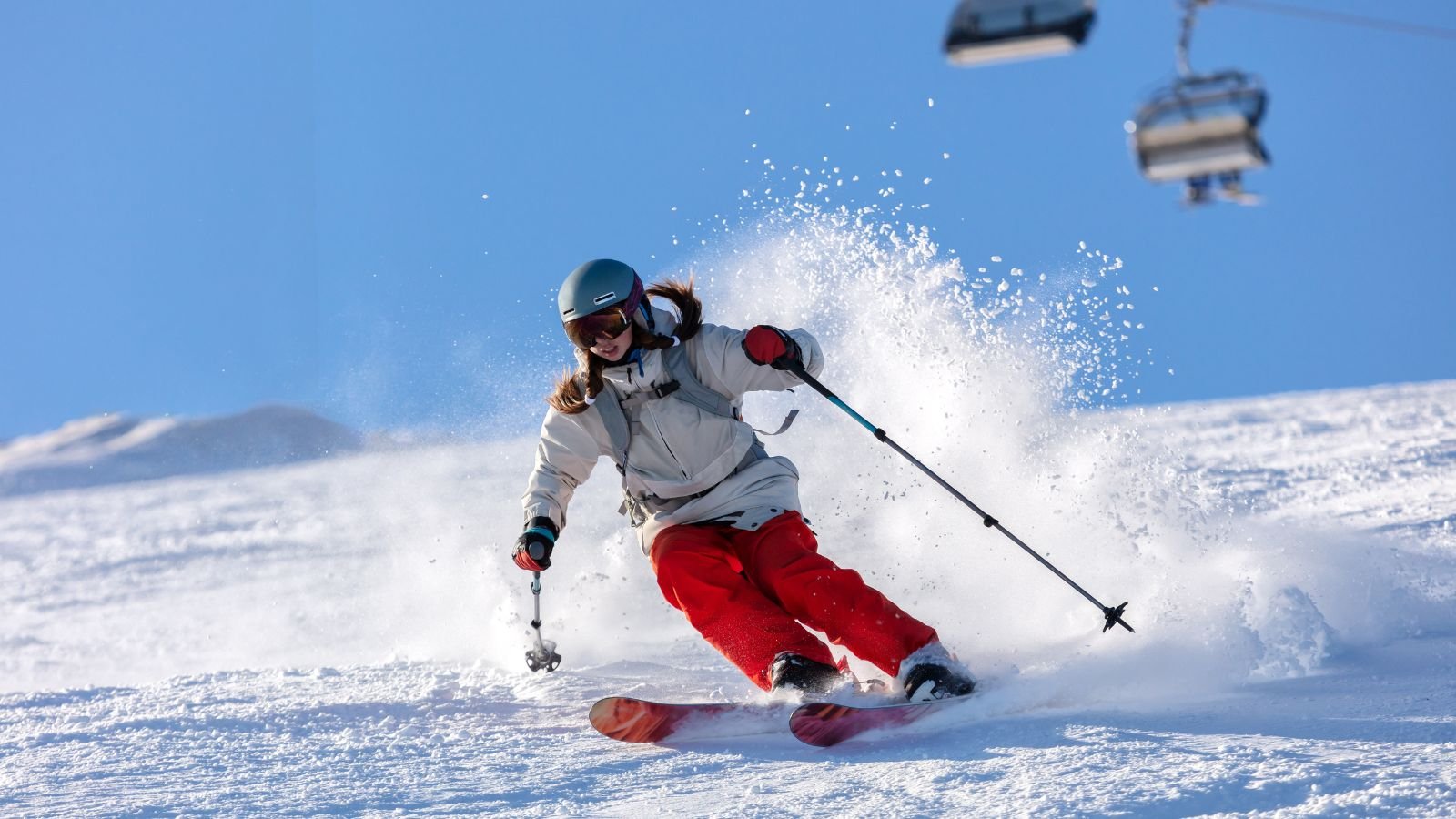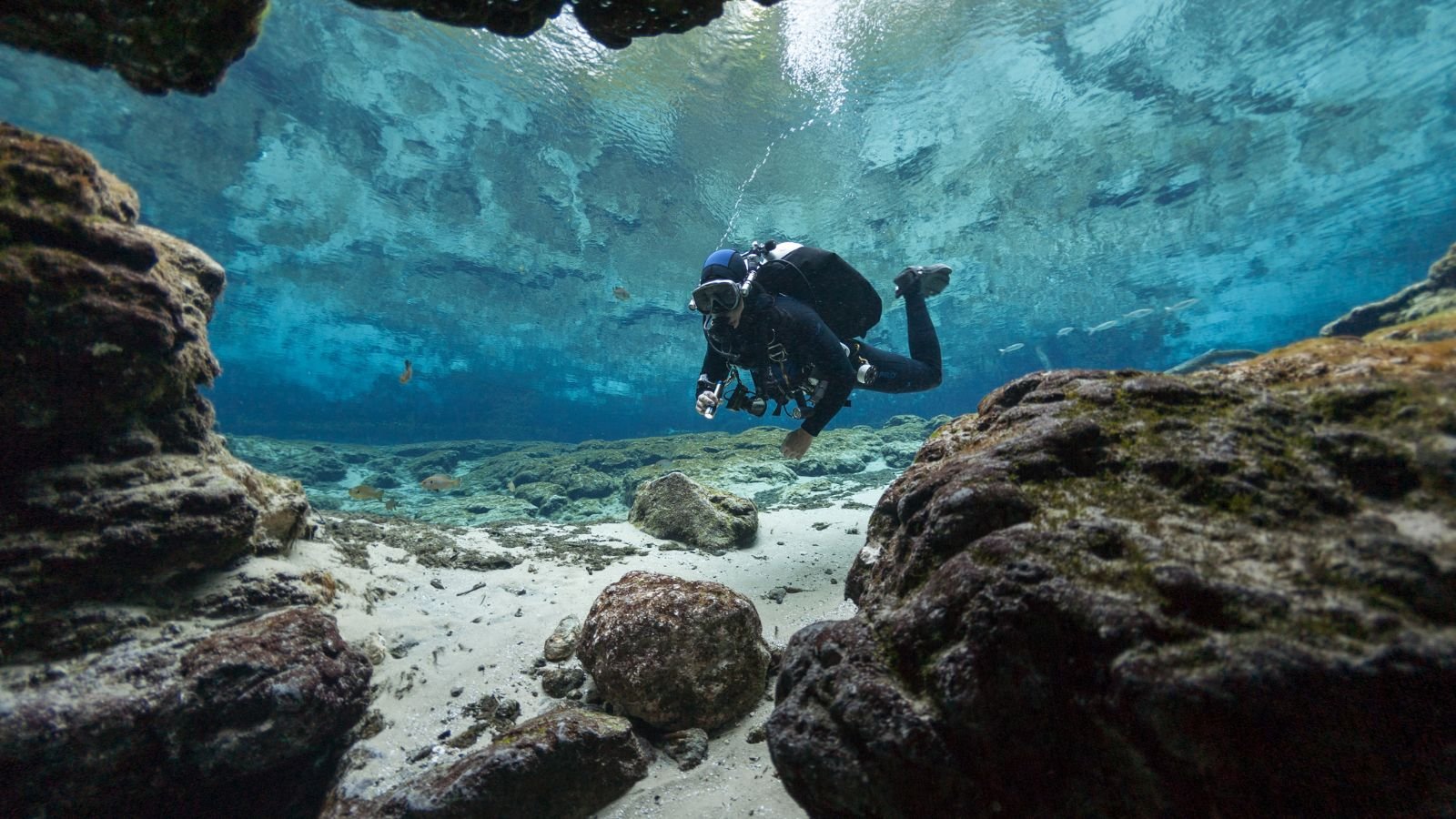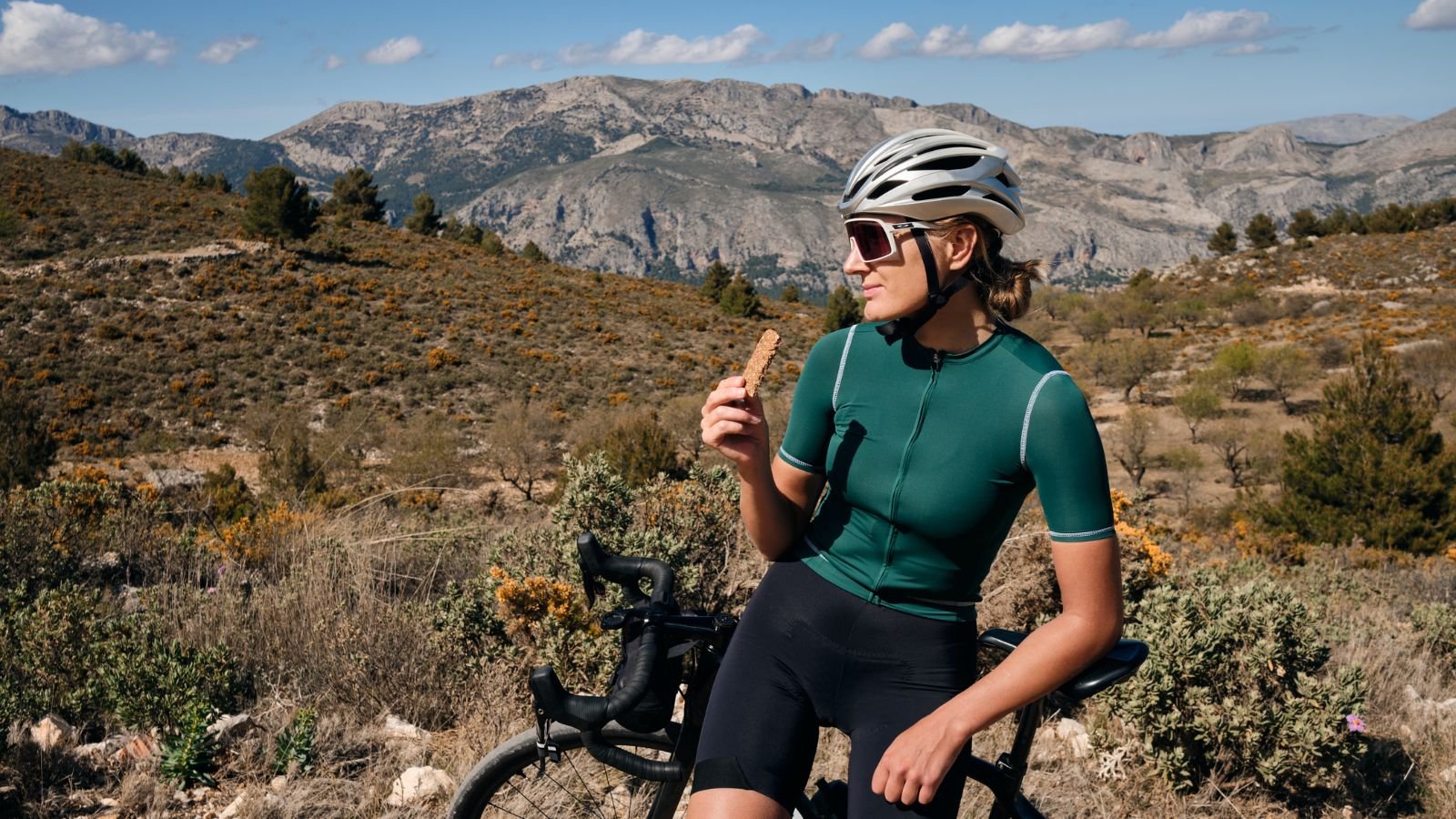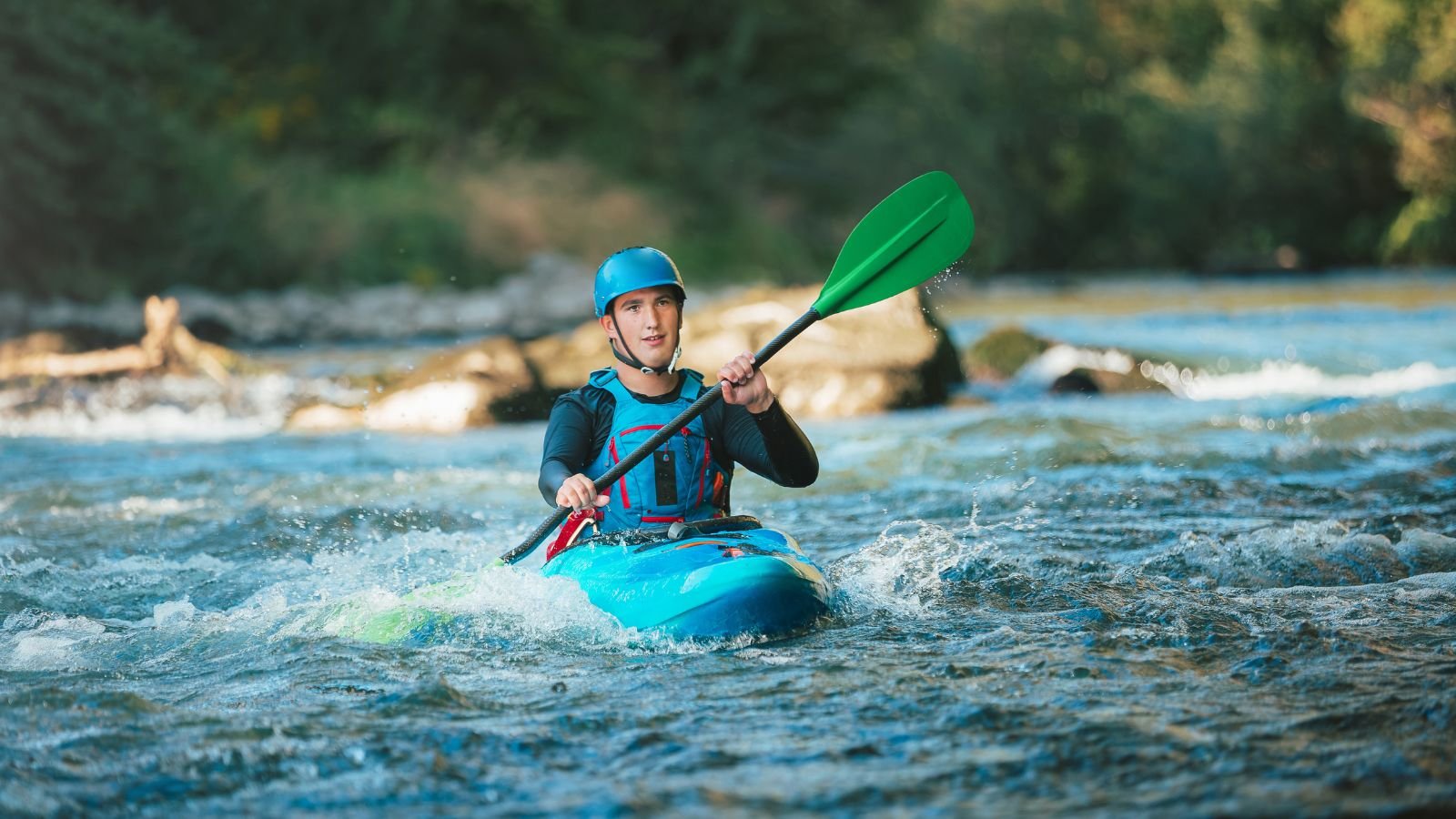By the time you reach 75, life has gifted you with countless memories and lessons. But instead of slowing down, this milestone marks the beginning of a new chapter filled with possibilities. However, it’s essential to be mindful of activities that could pose a risk to your well-being.
Going Out on Long Drives

Driving for extended periods can be risky due to fatigue and decreased reaction times. It is best to avoid making long road trips alone, especially at night when visibility is poor. As you get older, your eyesight and ability to stay alert for hours on end start to decline. It makes long drives more dangerous.
Traveling Solo

Exploring new places alone might seem appealing, but it does come with risks at the age of 75. Getting lost or facing emergencies alone in unfamiliar territory could prove challenging. If you were to fall ill or get injured with no one around to assist, it could turn into a scary situation quickly.
Skiing

The potential for serious falls and injuries makes skiing a dicey prospect later in life. Balance and quick reflexes diminish, making it harder to navigate slopes safely. One tumble on an icy ski slope could easily result in broken bones that take much longer to heal at an older age.
Cave Diving

Cave diving offers a unique underwater adventure. However, it is not without its dangers, especially for older enthusiasts. Navigation of narrow passages and managing equipment in low visibility can be challenging and potentially hazardous. Opting for safer water activities like snorkeling or swimming in controlled environments ensures enjoyment without unnecessary risks.
Skateboarding

Skateboarding may evoke nostalgic memories of youth, but the risks of injury escalate with age. Balance and reflexes diminish over time. It increases the likelihood of falls and fractures. Instead, consider low-impact activities like walking or cycling to stay active and maintain mobility while reducing the risk of accidents.
Parachuting

Parachuting provides an adrenaline rush like no other. However, it is best left to younger, more physically resilient individuals. The jarring impact of landing can put immense strain on aging joints and bones. Skydiving becomes exponentially riskier, especially if a rapid emergency landing is required mid-air.
Doing High-Impact Exercises

Engaging in high-impact exercises may have been a staple of your fitness routine, but it is essential to adapt as you age. Activities like running or high-intensity interval training can strain joints and increase the risk of injury. This is particularly so for seniors with pre-existing conditions. Instead, focus on low-impact exercises like swimming or gentle yoga to maintain fitness safely.
Scuba Diving

Scuba diving requires good cardiovascular health, strong swimming ability, and the capacity to remain composed underwater. Age-related changes make this hobby increasingly hazardous past 75. The physical demands coupled with the underwater dangers make scuba a risky proposition for most seniors.
Mountain Biking

Mountain biking presents an exhilarating way to explore nature. However, the rugged terrain and technical challenges become more daunting with age. Decreased agility and reaction times increase the risk of accidents, potentially resulting in serious injuries. Consider opting for leisurely cycling or paved trails or enjoying scenic bike rides in nature reserves for a safer outdoor experience.
White-Water Kayaking

The strength and dexterity needed to navigate rapids makes white-water kayaking inadvisable in one’s later years. Although it is an adrenaline-fueled adventure, the unpredictable currents pose significant risks. A momentary lapse could prove catastrophic when battling powerful currents. With slow reflexes, you will have a hard time recovering if you kayak flips.
Hang Gliding

Hang gliding poses physical demands; the risks may be too much after 75. Managing the glider and navigating winds require strength and agility. These characteristics can decline with age, increasing the risk of accidents. Opting for less physically demanding activities ensures you can still enjoy adventure without unnecessary risks.
Rock Climbing

Rock climbing requires excellent grip strength, flexibility, and stamina. However, these become compromised over time. Falls from heights became riskier with brittle bones. As you age, you lose the strength and dexterity required to safely ascend rock faces.
Gambling

While casual gambling can be an enjoyable pastime, setting limits is crucial. Compulsive behaviors are riskier with age when cognitive decline and loneliness can make curbing addiction harder. Seniors are more susceptible to developing problems with gambling habits that can wipe out life savings.
Private Flying

Taking control of an aircraft is thrilling, but seniors face increasing challenges as they age. Reaction times slow down, and decision-making becomes more complex. It raises the risks associated with piloting. Older individuals must assess their abilities and limitations before embarking on such activities to ensure safety in the skies.
Open Water Swimming

While the idea of swimming in open water may sound refreshing, seniors above the age of 75 must approach it with caution. Unpredictable currents and the physical exertion required can pose significant risks. It can be particularly so for individuals with underlying health conditions. Before diving in, older individuals should consider the potential dangers and take necessary precautions to avoid accidents.
Motorcycling

The sense of freedom that comes with riding a motorcycle can be appealing to many. However, it becomes increasingly risky with age. Seniors may find it more challenging to maintain balance and coordination. It makes them more susceptible to accidents on the road. Before hopping on a bike, older riders should carefully evaluate their physical capabilities and assess whether the risks outweigh the rewards.
Horseback Riding

Riding horses requires exceptional core strength, balance, and the capacity to quickly regain control. These become difficult to maintain with age, making falls off horses more treacherous. Moreover, horses are large, unpredictable animals that require fast reflexes to stay securely in the saddle.
Parkour

The athletic conditioning required for Parkour’s acrobatic feats like vaulting and scaling walls becomes highly improbable to sustain after you cross 75. With age, your physical abilities may decline, increasing the risk of falls and injuries during parkour practice. Older enthusiasts should prioritize safety and consider alternative forms of exercise that are better suited to their age and fitness level.
